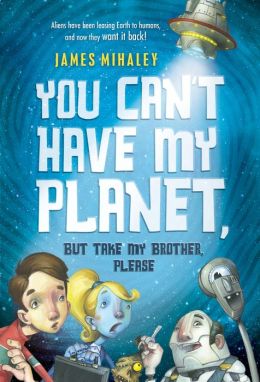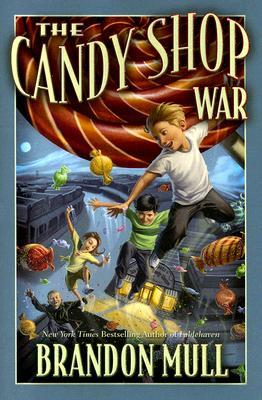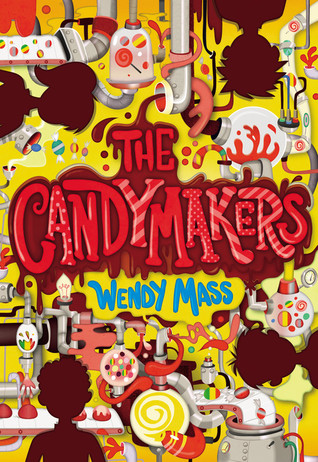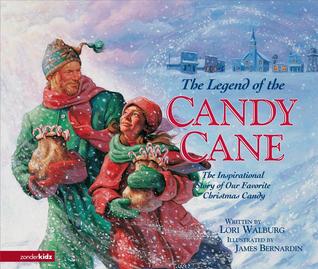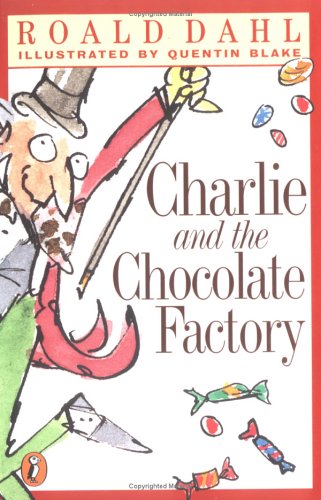A couple of weeks ago, we here at Project Mayhem started discussing the possibility of having a holiday gift giving guide, with different categories of books or writing goodies. Since we are independent types who are about as herdable as cats, we decided to let everyone do their own thing. But keep an eye out this month for occasional gift guides!
With very little deliberation, I decided to write about Adventurous books for boys! Most of these books will feature boy protagonists, but some of them will have girls in the lead, and strong, brave, hilarious boy sidekicks. Regardless, they will all be full of adventure, whether in space, a magical fantasy realm, or even a mostly contemporary small town Iowa.
All of them are recommended for boys, primarily those age 8-12, who love a great adventure story.
You Can't Have My Planet, but Take My Brother, Please, by James Mihaley
Thirteen-year-old Giles is the last person anyone would expect to save the planet. he's not as charming as his little sister, and not as brainy as his goody-goody older brother. But when Giles witnesses an alien realtor showing Earth to possible new tenants, he knows he'd better do something. With the help of an alien "attorney" and the maddest scientist in middle-grade fiction, Giles just might save humans from eviction from Earth. Let's hope so. The alternatives are...not so hospitable.
Jacob Wonderbar and the Cosmic Space Kapow, by Nathan Bransford
Jacob Wonderbar is used to detentions, but when a spaceship crashes near his house, he finds himself in a whole new level of trouble. After swapping a corn dog for the ship, he and his two best friends, Sarah Daisy and Dexter, take off on a madcap adventure. They accidentally cause an epic explosion, get kidnapped by a space pirate, and are marooned on planets like Numonia and Paisley, where the air smells like burp breath and revenge-hungry substitute teachers rule. And that's only the beginning . . . It turns out that there's an entire colony of space humans, and Jacob's long-lost father just might be one of them.
The first book in debut author Nathan Bransford's hilarious space adventure series has dynamite friendships, peculiar planets, and nonstop action. You'll never look at the stars the same way!
The Mostly True Story of Jack, by Kelly Barnhill
When Jack is sent to Hazelwood, Iowa, to live with his strange aunt and uncle, he expects a summer of boredom. Little does he know that the people of Hazelwood have been waiting for him for quite a long time.
When he arrives, three astonishing things happen: First, he makes friends -- not imaginary friends but actual friends. Second, he is beaten up by the town bully; the bullies at home always ignored him. Third, the richest man in town begins to plot Jack's imminent, and hopefully painful, demise. It's up to Jack to figure out why suddenly everyone cares so much about him. Back home he was practically, well, invisible.
The Mostly True Story of Jack is an eerie tale of magic, friendship, and sacrifice. It's about things broken and things put back together. Above all, it's about finding a place to belong.
Nightshade City (Nightshade Chronicles Book One), by Hilary Wagner
Deep beneath Trillium City, a modern metropolis, lies the Catacombs, a kingdom of rats of extraordinary intelligence and ability. The once peaceful and democratic colony has become a harsh dictatorship ruled by the High Minister Kildeer and his henchman, Billycan, who runs the Kill Army and collects weekly Stipend from the terrified subjects. The two of them rule with iron fists. With most of the adult rats wiped out in Killdeer's Bloody Coup and the subsequent great flood, orphaned young male rats are forced into the army and the females into servitude or worse. But change is coming. . . .
Two orphan brothers, Vincent and Victor Nightshade, sons of a hero killed in the Bloody Coup, manage to escape from the Kill Army and meet up with Juniper Belancourt, leader of a rebel group seeking to overthrow their oppressors and restore peace and democracy in a new city. The brothers are quickly caught up in Juniper's cause: "We survive by cover of night. We live in the shadows, waiting for our redemption! Our name must symbolize our burning spirit. . . . Tonight and forever, we are Nightshade City!"
Juniper's plans are complicated by many factors. His lovely young niece Clover has been picked by Killdeer to be his next Chosen One, so the rebels and their allies the Earthworms must work fast to save her. Can the rebels locate their enemies' War Room? Can Juniper's former love, now holding a position in Killdeer's Ministry, be trusted? Will the rebels be able to execute their plans without the aid of a young Topsider (human)? And how will Vincent and Victor fare in battle will they honor their father's legacy of courage?
The Kindling (Middle School Magic Book One), by Braden Bell
All thirteen-year-old Connor Dell wants to do is pass pre-algebra, play lacrosse, and possibly kiss Melanie Stephens, but when a run-in with the school bully ignites strange powers inside him, Connor's normal teenage life goes up in flames. Now he'll need his new powers to defeat the Darkness that's coming for him. Fast-paced and original, this book's guaranteed to keep you guessing!
Storybound (Storybound Series Book One), by Marissa Burt
In the land of Story, children go to school to learn to be characters: a perfect Hero, a trusty Sidekick, even the most dastardly Villain. They take classes on Outdoor Experiential Questing and Backstory, while adults search for full-time character work in stories written just for them.
In our world, twelve-year-old Una Fairchild has always felt invisible. But all that changes when she stumbles upon a mysterious book buried deep in the basement of her school library, opens the cover, and suddenly finds herself transported to the magical land of Story.
But Story is not a perfect fairy tale. Una’s new friend Peter warns her about the grave danger she could face if anyone discovers her true identity. The devious Tale Keeper watches her every move. And there are whispers of a deadly secret that seems to revolve around Una herself....
With the timeless appeal of books like A Wrinkle in Time and the breathtaking action of Inkheart, Storybound has all the makings of a new classic. Brimming with fantastical creatures, magical adventure, and heart-stopping twists, Storybound will leave readers wishing they too could jump through the pages into this enchanting fairy-tale world.
The Atomic Weight of Secrets or the Arrival of the Mysterious Men in Black (The Young Inventors Guild Book One), by Eden Unger Bowditch
In 1903, five truly brilliant young inventors, the children of the world’s most important scientists, went about their lives and their work as they always had.
But all that changed the day the men in black arrived.
They arrived to take twelve-year-old Jasper Modest and his six-year-old sister, Lucy—he with his remarkable creations and she with her perfect memory—from their London, England home to a place across the ocean they’d never seen before.
They arrived to take nine-year-old Wallace Banneker, last in a long line of Africa-descended scientists, from his chemistry, his father, and his New York home to a life he’d never imagined.
Twelve-year-old Noah Canto-Sagas, already missing his world-famous and beloved mother, was taken from Toronto, Canada, carrying only his clothes, his violin, and his remarkable mind.
And thirteen-year-old Faye Vigyanveta, the genius daughter of India’s wealthiest and most accomplished scientists, was removed by force from her life of luxury.
From all across the world, they’ve been taken to mysterious Sole Manner Farm, and a beautiful but isolated schoolhouse in Dayton, Ohio, without a word from their parents as to why. Not even the wonderful schoolteacher they find there, Miss Brett, can explain it. She can give them love and care, but she can’t give them answers.
Things only get stranger from there. What is the book with no pages Jasper and Lucy find in their mother’s underwear drawer, and why do the men in black want it so badly?
How is it all the children have been taught the same bizarre poem—and yet no other rhymes or stories their entire lives?
And why haven’t their parents tried to contact them?
Whatever the reasons, to brash, impetuous Faye, the situation is clear: They and their parents have been kidnapped by these terrible men in black, and the only way they’re going to escape and rescue their parents is by completing the invention they didn’t even know they were all working on—an invention that will change the world forever.
But what if the men in black aren’t trying to harm the children? What if they’re trying to protect them?
And if they’re trying to protect them—from what?
An amazing story about the wonders of science and the still greater wonders of friendship, The Atomic Weight of Secrets or the Arrival of the Mysterious Men in Black, the first book of the Young Inventors Guild trilogy, is a truly original novel. Young readers will forever treasure Eden Unger Bowditch’s funny, inventive, poignant, and wonderfully fun fiction debut.
-----------------------------------------------------------------------------------
That's it for today! Please feel free to share your own recommendations in the comments.




